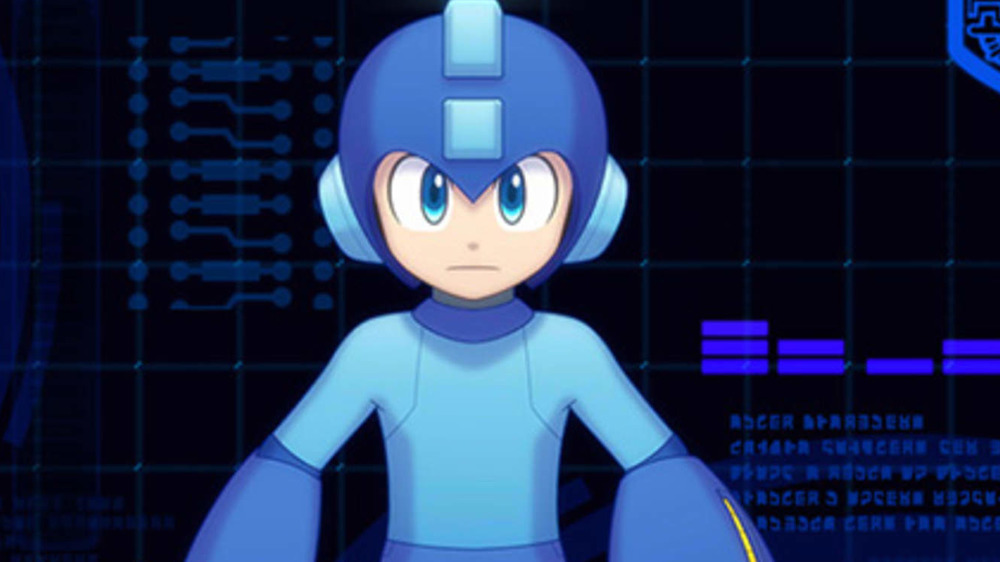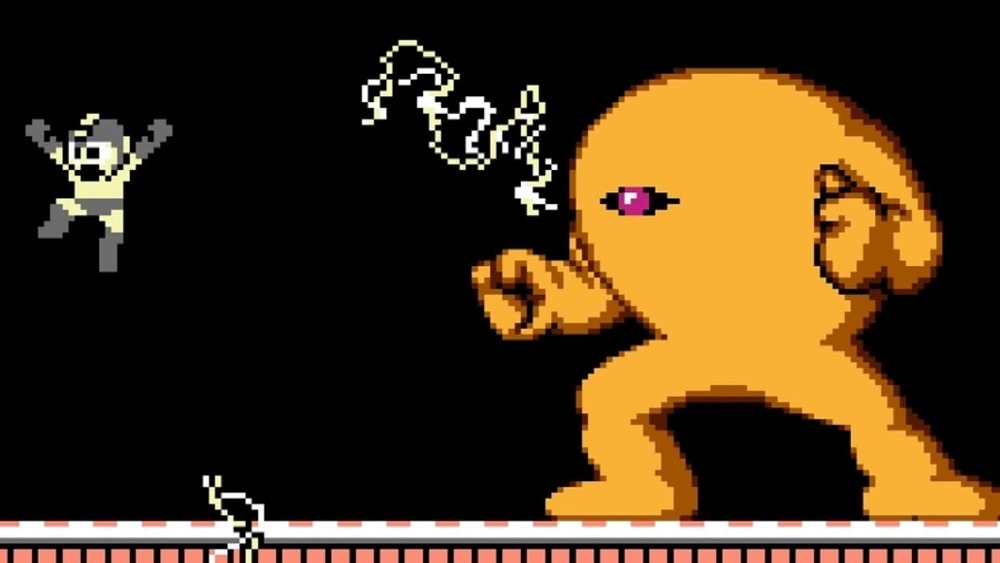Why The Original Mega Man Was Actually A Bust
Capcom's Blue Bomber is considered video game royalty by gamers who've stuck by his side since 1987.
Ever since everyone's favorite robot hero came blasting onto the scene, Mega Man has grossed millions in sales across mainline series entries and plenty of spinoff games. Mega Man 11 marked a highly celebrated return for the classic 2D hero and has been officially certified as the third best selling entry in the franchise. Mighty No. 9 tried (and failed) to give fans a replacement for Mega Man before the notable IP's grand return. So now fans are looking forward to even more fresh adventures from the Capcom icon.
However, there was a time when the series almost didn't continue after the very first entry. You may be shocked to learn this, but 1987's introduction of Mega Man to the States actually didn't sell so well, and almost didn't become a franchise. Here's how a Capcom developer fought hard to keep the franchise alive.
Two factors led to the original Mega Man not doing so well in the States
While the first Mega Man game featured an infamously terrible cover art illustration, that's not what almost killed the series.
According to EventHubs, the higher ups in Capcom at the time were none too keen on the underperforming Mega Man getting a sequel. However, the game's director, Akira Kitamura, remained vigilant and eventually convinced his bosses to begin development on the sequel. But there was a catch: Kitamura and his team of developers (which included Mega Man designer Keiji Inafune) could only work on the follow-up as long as they put their efforts towards other projects at the same time. In other words, Mega Man 2 was made by a team that seriously had its hands full.
It turns out that decision paid off handsomely as Mega Man 2 released to rave reviews and high sales (1.51+ million copies sold). And because of that, Mega Man got to fight on and bring in the big bucks for Capcom ever since.


